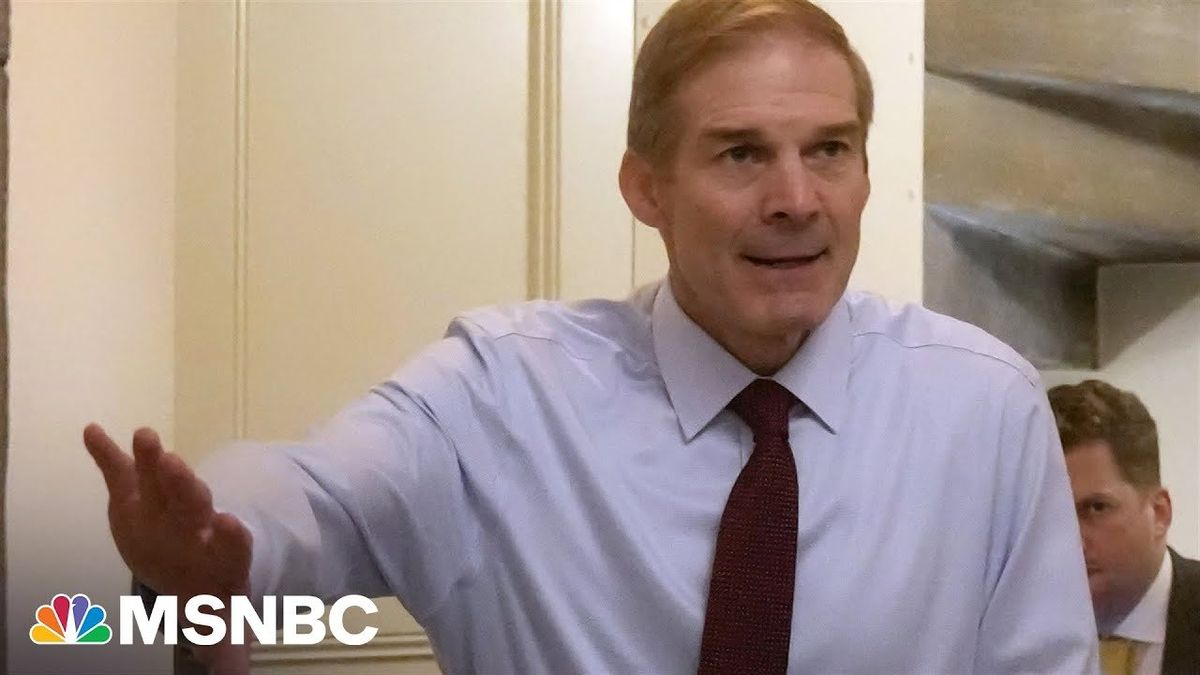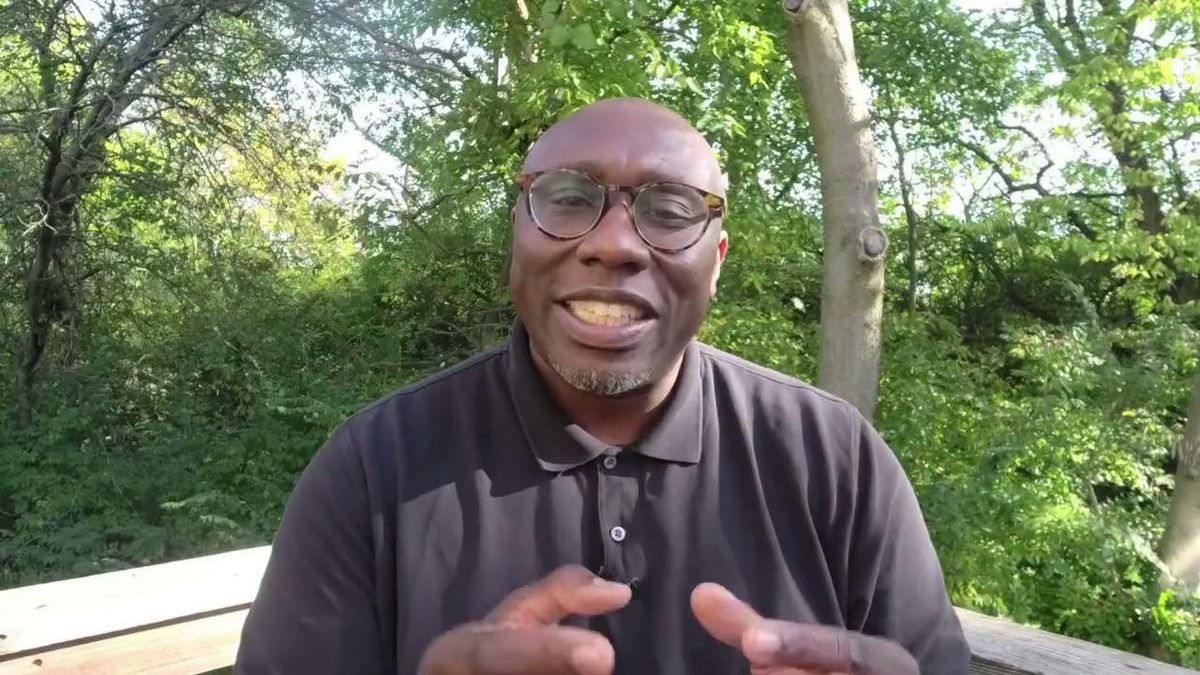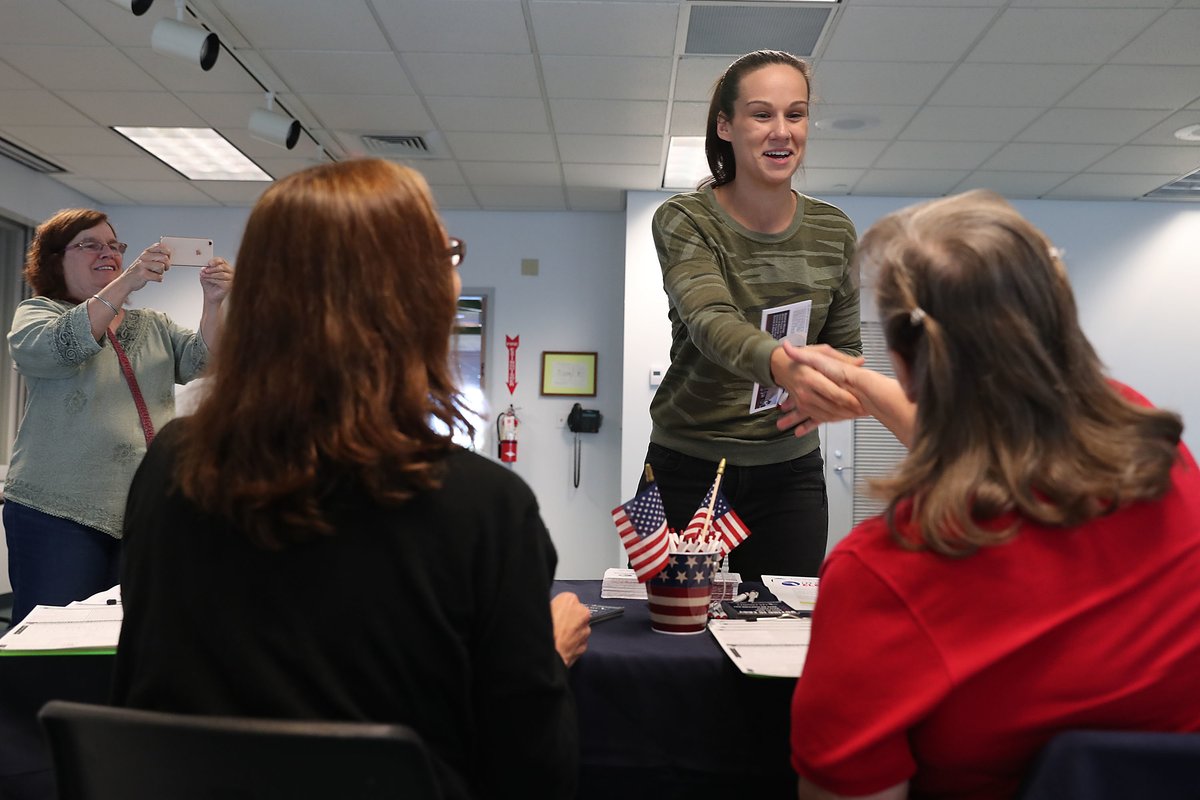The Representative who received these calls for aid, Representative Derek Kilmer (D-WA), was inspired by these communities working to come together in a culture of toxic polarization. On March 15, 2024, Rep. Kilmer - with bipartisan support from Representative Andy Barr (R-KY) - introduced the Building Civic Bridges Act. This common-sense bill proposes solutions to healing our nation that are both effective and empowering. It's inspired by how the U.S. spends tens of millions of dollars through the National Endowment for Democracy to support civic bridge building and foster social cohesion in other countries. Our government recognizes the critical importance of strengthening democracy abroad. It's time for that work to be done here at home.
Sign up for The Fulcrum newsletter
Please find here the thoughts of key national leaders speaking to the importance of the Building Civic Bridges Act as part of the solution to threats impacting national security, business and the economy, education and academia, faith and family, interpersonal relationships, and the institution of democracy itself.
Building civic bridges rebuilds American strength and security
By retired Gen. Michael Hayden, who served as director of the Central Intelligence Agency and the National Security Agency
A stable, prosperous democracy is a powerful one. America's democracy has been a tower of strength for all since the mid-20th century.
In recent years, however, this has changed. In 2021, for the first time, the United States was added to the list of "backsliding democracies" by the International Institute for Democracy and Electoral Assistance, an esteemed intergovernmental evaluator. Americans' faith in our own democracy has faded, as well. According to a December 2023 Gallup poll, only 28% of U.S. adults were satisfied with the way U.S. democracy was working; and according to a 2023 Department of Justice statement, trust in the federal government has reached the lowest measure in its seven decades of polling. To help on this point, I serve as Chairman of Team Democracy's Board of Directors because I believe in their Candidate Principles for Trusted Elections pledge. This is a step, but it is not enough.
Foreign adversaries have taken advantage of cracks in the foundation of American democracy. Russia used social media disinformation to breed discord and divide America prior to the 2016 Presidential election—that is a statement of fact. Now, other adversaries are finding increasingly fertile ground to prey on our country's state of affairs—also a fact. Our enemies detect weakness in our political system and are ready to exploit it. We must come together as a nation.
Our democracy is fundamentally based on debate, dialogue, and the free exchange of ideas. Tragically, misinformation and polarization have made communication difficult and full of mistrust on all sides. We must rebuild our national strength and security by coming together to work out the differences that threaten to destroy our democracy from within and without. We must #DisagreeBetter.
The bipartisan "Building Civic Bridges Act" being introduced this month to the 118th Congress will help solve this challenge by supporting proven ways to get all Americans talking with each other again, a fundamental step to rebuilding America's strength and security. I give it my full support.
We face a crucial moment as Americans. We, as citizens, have the power to choose how we respond. The future of our country, our democracy, our security—and, indeed, that of the free world—depends on our ability to respond to challenges as one nation, indivisible, with freedom and justice for all.
To restore civility, colleges and universities can help build civic bridges
By Charles L. Welch, president of the American Association of State Colleges and Universities
At its best, the college experience creates profound opportunities for students to engage in the sort of civic discourse—and disagreement—that can prepare them for citizenship in a democracy. America’s college campuses play a critical role in supporting civic life in communities across the country that reflect the nation’s diverse and divergent ideas, beliefs, and experiences. They are home to the practice of democracy itself, teaching students how to engage in civil discourse, critical thinking, empathy, and the exchange of knowledge and ideas—hosting civic discussions, voter registration drives, First Amendment demonstrations, and even general election debates during presidential election years.
The American Association of State Colleges and Universities has long been committed to delivering on the civic and democratic promise of higher education for every student who seeks it. AASCU’s nonpartisan American Democracy Project, now in its 21st year, has worked with nearly 300 state colleges and universities to drive opportunities for millions of students to develop awareness and skills for civic engagement. Campuses that participate show steady increases in voting rates and provide a range of opportunities for students to engage in the civic and democratic process.
AASCU’s American Democracy Project is a powerful example of the impact of civic engagement at the local level. The bipartisan Building Civic Bridges Act, which would create a new Office of Civic Bridge Building within AmeriCorps, will invest in local programming focused on helping communities build relationships across lines of difference. On behalf of the more than 350 regional comprehensive institutions that are members of AASCU, we strongly urge federal policymakers to support the passage of this important legislation.
Building civic bridges supports business
By Richard Eidlin, national policy director for Business for America
As polarization has increasingly brought conflict into the workplace, business leaders recognize the urgent need for civic bridge-building. A 2019 SHRM study found that 42% of American workers experienced political disagreements at work, leading to lower work quality, productivity, toxic work environments, and turnover—at a price of $223 billion. As polarization has increased, so has the cost. A 2021 Harvard study showed conflict resolution pulls employees from their work an average of 3.5 hours per week (markedly up from 2.8 hours in 2008), impacting revenue by hundreds of billions of dollars.
The economic effects do not end in the workplace. Historically, increased polarization has created uncertainty about policy and government stability, delaying hiring and spending; and impeding growth. For example, the rise in polarization between 2007 and 2009 led to a 27 percent decline in corporate investment. In addition, increased polarization and stability often leads economic analysts to downgrade corporate credit ratings and increase interest rates. This played out last year, when Fitch downgraded the United States’ credit rating, citing the erosion of governance and repeated debt limit standoffs.
Fortunately, solutions to polarizations are learnable skills. That’s why Business for America, a national coalition of civic-minded businesses focused on a healthy representative democracy, and a sponsor of Disagree Better at Work (a program offering business-centered solutions to bridge divides), fully supports the bipartisan Building Civic Bridges Act (BCBA).
Congress must act. The ability to #DisagreeBetter is vital to our nation’s social cohesion and economic future.
Building civic bridges empowers deliberative democracy
By Cameron Lange and Alice Siu, Deliberative Democracy Lab at Stanford University
It's no secret that many people in our country have seen, felt, and experienced the effects of polarization in our society. Our elected officials are deeply divided along partisan lines, as evident with the inability to move forward with so many pressing policy issues. The election year has barely begun, and we already see campaign slogans that are aiming to divide, rather than bring our electorate together. But while this polarity has been documented in detail, what is not covered as widely are ways to heal the divide.
Studies show that healing this divide is possible, as seen in Stanford Deliberative Democracy Lab's, "America in One Room," a national deliberative experiment about the major issues facing the country. A nationally representative and random sample of 526 registered voters from around the country were brought together in Dallas, TX, for a long weekend of deliberations on important policy proposals, including the economy, health care, the environment, immigration, and foreign affairs. The group discussed 26 proposals divided across party lines, and by the end, Republicans and Democrats showed signs of lessening division on 22 of them. In just a few days, in one room, the sheer, simple power of conversation began to narrow differences and to bridge the divide. Further, the Lab will continue in summer 2024 with a Young America in One Room, bringing together high school students that are eligible first-time voters for this year's November election.
This work teaches us: we are not suffering from a lack of consensus as much as a lack of conversation. We need to empower and equip our youth, so they can participate and preserve our democracy. We need to empower and equip us all with the skills to do so. We must create a deliberative society that encourages thoughtful discussion across our deep divisions—and we must support initiatives that seek to do this work, such as the Building Civic Bridges Act.
We must do away with partisan conformity, one-sided argumentation, or a mere impression of sound bites and headlines. Only in building these bridges, in civil conversation, can we progress forward as a democracy.
Building civic bridges cultivates empathy and connection
By Tania Israel, professor of counseling psychology at the University of California, Santa Barbara and author of "Beyond Your Bubble: How to Connect Across the Political Divide, Skills and Strategies for Conversations That Work."
Are you stressed about our divided nation? If so, you're not alone. According to the American Psychological Association, over half of Americans say social divisiveness is a significant source of stress, and 29% say the political climate has strained relationships with family members. What's responsible for these ruptures? The culprit is affective polarization.
Republicans and Democrats question each other's intelligence, morality, and open-mindedness. Increasingly disgruntled by the idea of working with, living near, or having family members marry someone from a different political party, we sort ourselves into social bubbles. The desire to be with like-minded people, drives many to avoid holiday gatherings, change houses of worship,or consider a job change.
News, social media, and cognitive biases further cement our skewed perceptions of political adversaries and widen the divide. Given these forceful influences shaping our views, it's no surprise Americans are pessimistic and stressed.
Yet, I remain optimistic. Because I know of a power that's stronger than political parties, more enduring than social media posts, and more compelling than cable news: human connection.
When we communicate face-to-face, not Facebook-to-Facebook, our skewed perceptions can be corrected. When we share our stories rather than stats and slogans, we foster empathy. When we engage seeking to understand, we forgo stereotypes for common humanity. When we work together toward a common goal, we build trust. It is called bridge-building.
These interactions don't happen automatically. They need to be cultivated and supported. Fortunately, there's something brewing in Congress that can do just that. The Building Civic Bridges Act (BCBA) will support research, training, and grants to support bridge-building exactly what we need to heal our ruptures and fortify the human fabric of our country.
Building civic bridges serves faith communities
By Megan Rawlins Woods, director of nonpartisanship at Mormon Women for Ethical Government
A few years ago, my close friend chose to step back from his involvement with his church community. Oh, he still believed. He was still willing to serve and worship. However, he felt he was no longer welcome in his congregation because some of his political views were different from his coreligionists. Although their religious views aligned, politics were driving a wedge in their ability to worship together.
Faith communities have long been places where people form close associations of love and care, regardless of life circumstances. Religion provides a sense of belonging, purpose, and an organized way to serve the larger community. Unfortunately, societal divisions are changing that.
In 2018, The Deseret News reported that "political concerns can affect which church we attend, how faithful we are and whether we drop out of organized religion altogether." A 2022 survey by Religion and Politics showed that among those who have considered changing churches, a quarter of respondents said they have left or considered leaving their church because of political differences. These situations can damage social cohesion in a neighborhood or town.
People sincerely want to overcome division, but often lack the skills to engage in civil discussion. The Building Civic Bridges Act (BCBA) would provide ways to teach bridge-building skills, helping to repair the breaches in our social institutions. Although some church organizations will not accept federal grant money, these programs can be accessed through other civic organizations. The skills learned can then be transferred to faith communities.
Civic bridge-building activities foster respect, strengthen relationships, and forge a sense of common civic purpose, diminishing polarization. Our faith communities are hurting as Americans are increasingly emotionally alienated from one another. For the sake of our communities, MWEG urges Congress to pass the Building Civic Bridges Act.
Conclusion
By Kara Jarzynski
Our nation was founded on the freedom to dialogue, debate, and exchange ideas: integral to a thriving democracy. Therefore, building bridges and talking across lines of difference are vital, patriotic acts. Without them, our nation falters, with dire consequences to our economy, our national security, our communities, our schools, and our places of worship. The Building Civic Bridges Act is much needed legislation. It is a key component in a wave of local and national programs, responding to the need and desire of Americans to stop fighting over our problems, and start working together to solve them. Person-to-person, American to fellow American, the Building Civic Bridges Act is a powerful step toward revitalizing the civic fabric of our great nation.
These articles were originally published on AllSides and being republished with permission from the authors.




















